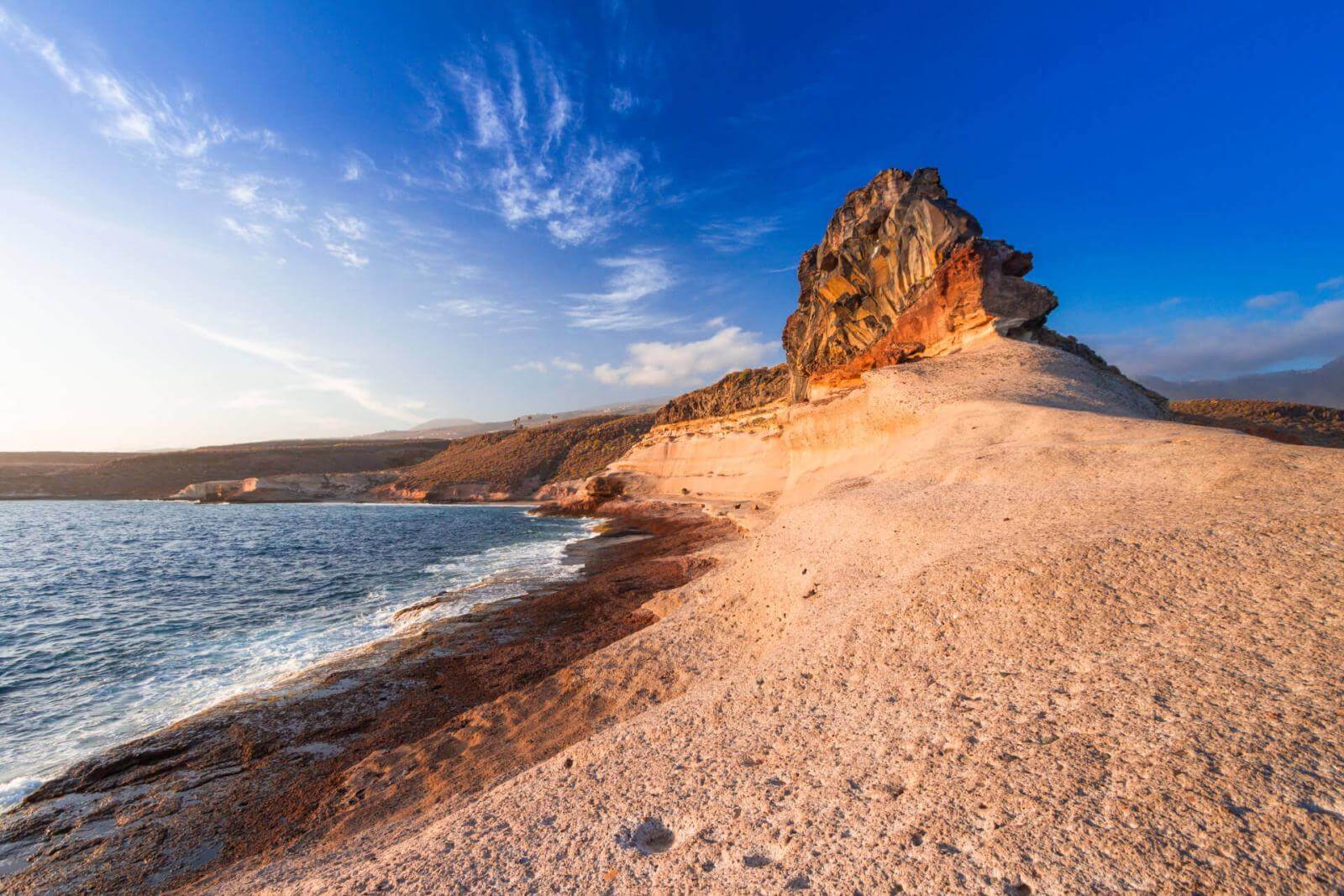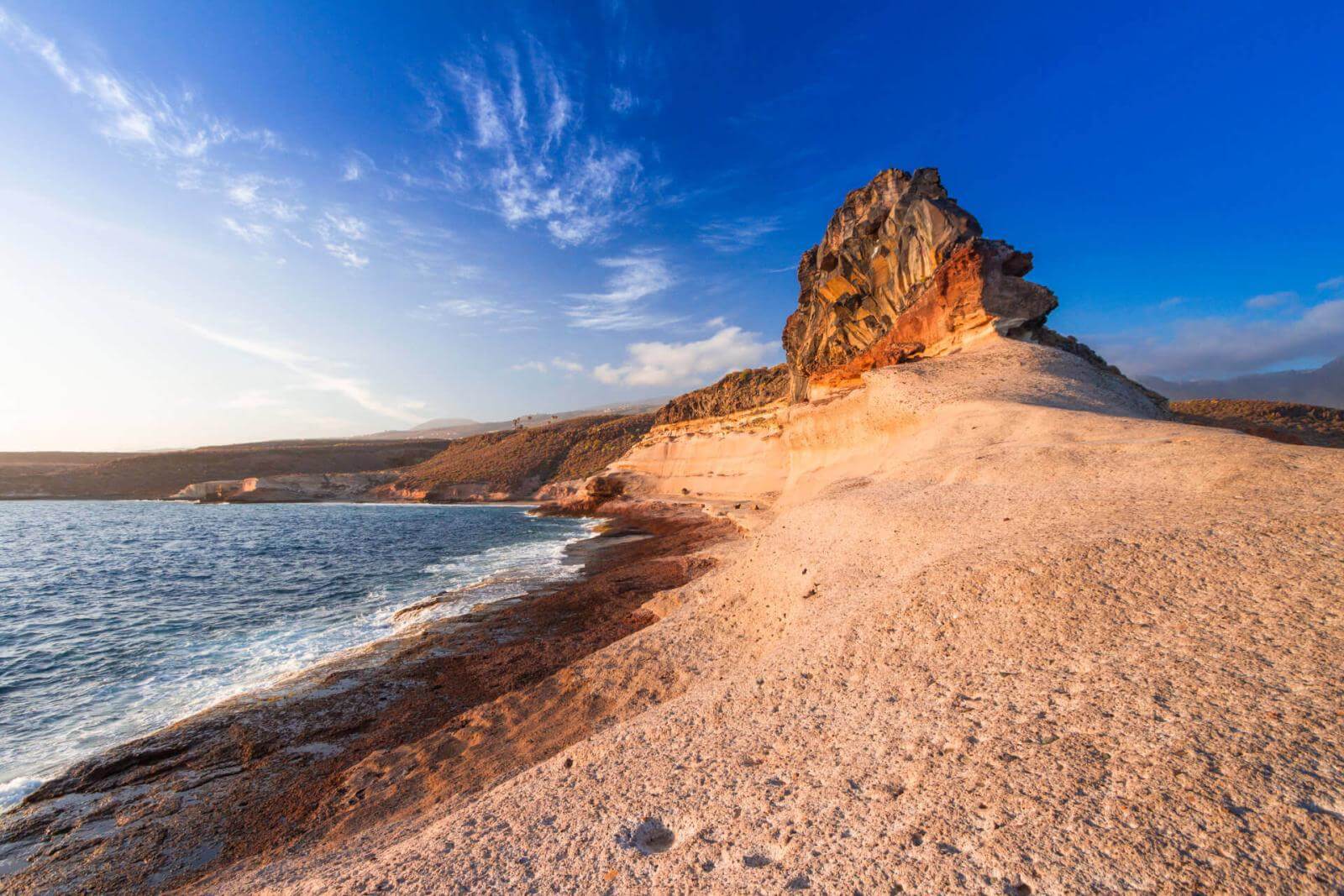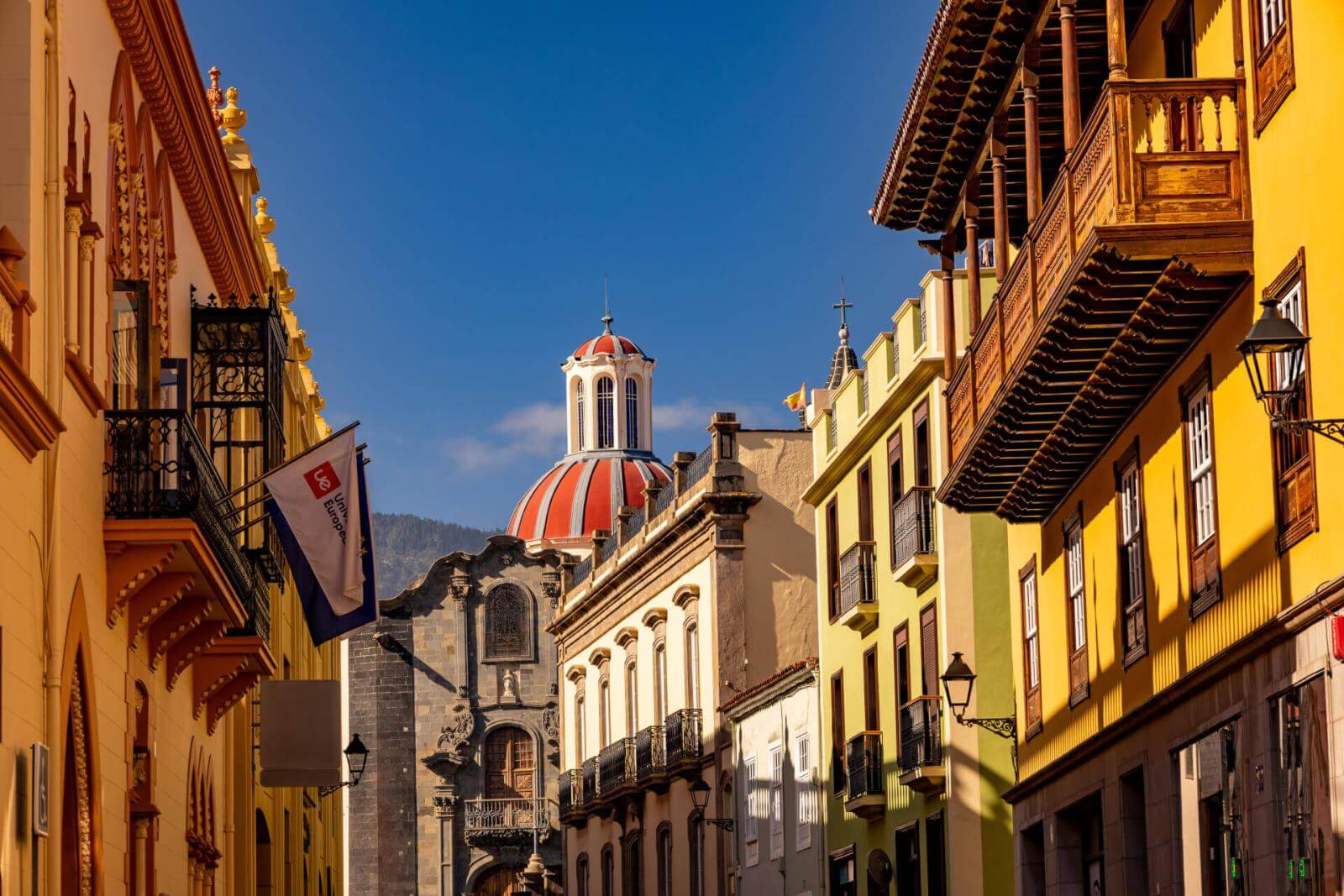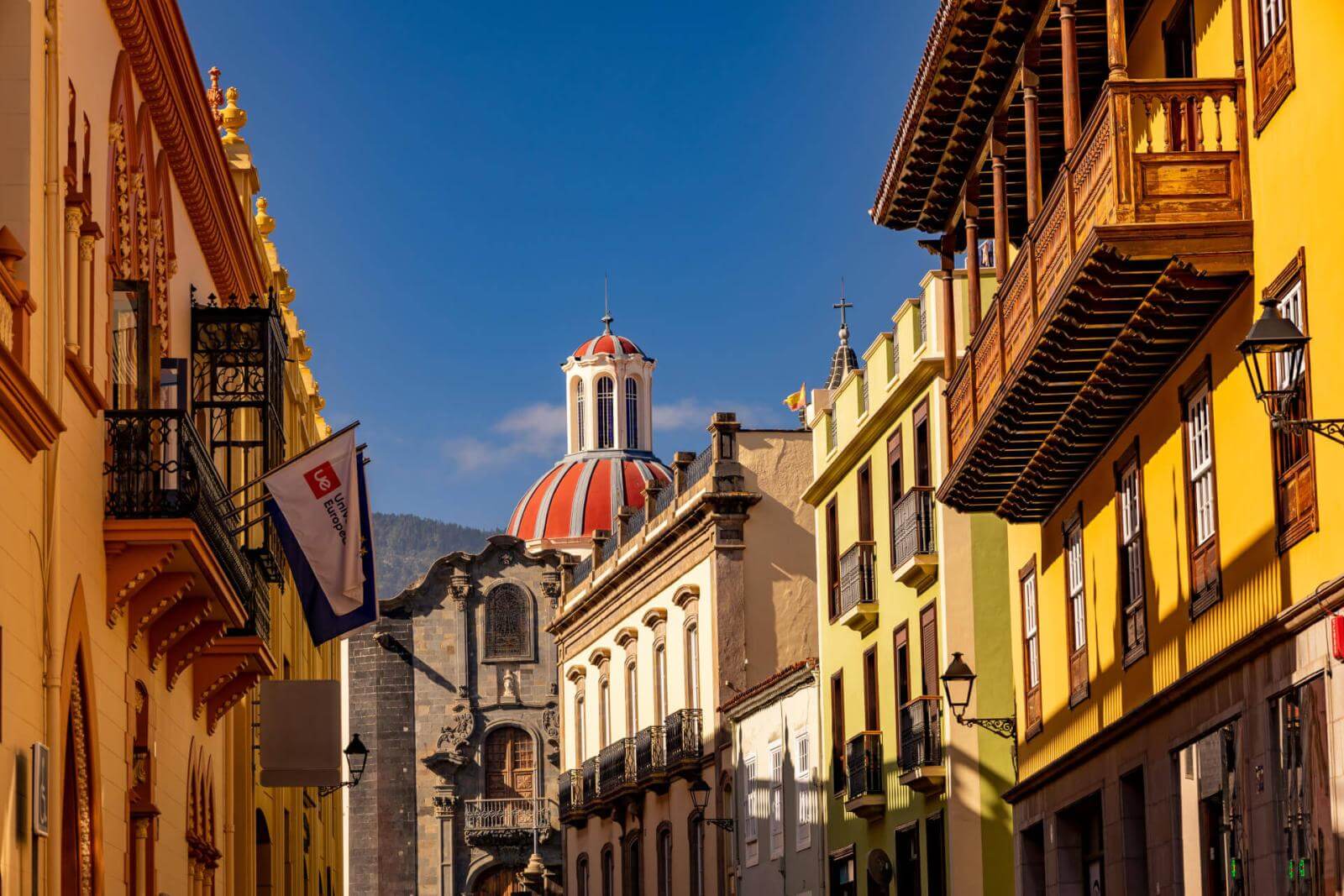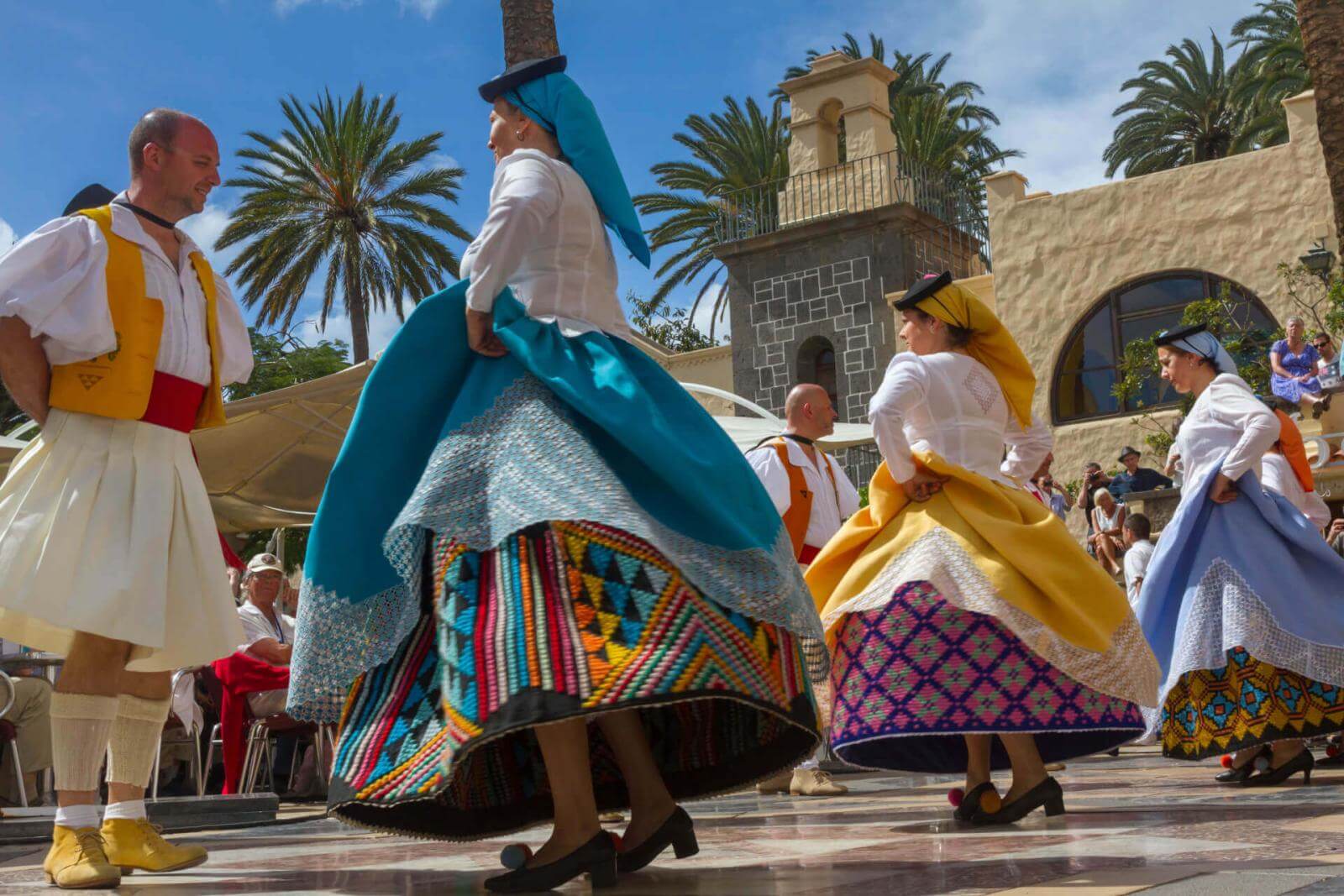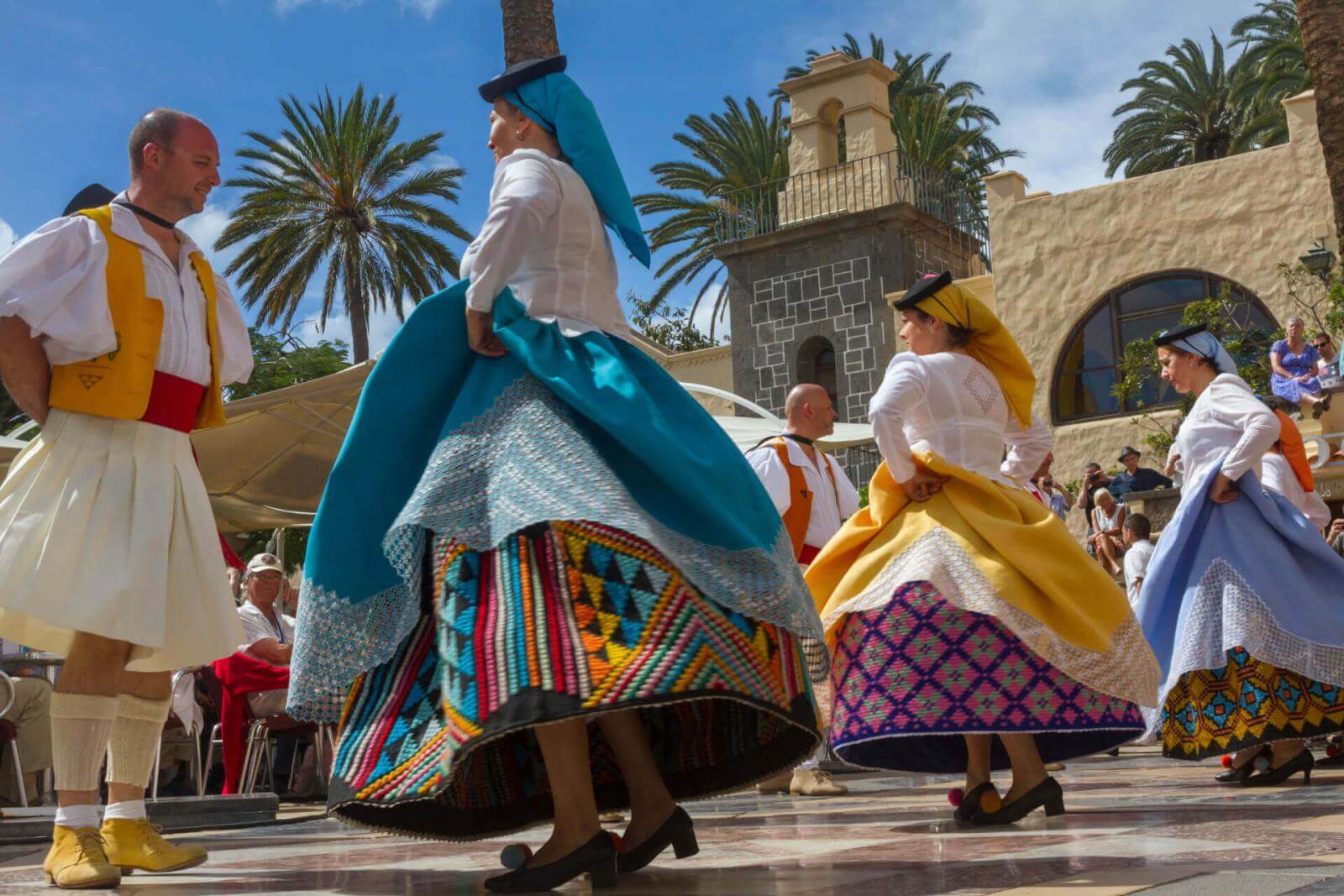The Canary Islands are remarkable for their endless beaches, volcanic scenery, infinite sunshine and mild temperatures, and also for their spectacular skies for stargazing, among other things. From a very young age Cawley spent long periods on the archipelago, escaping from the cold British winter and taking advantage of the long hours of sunshine to discover new experiences, relax and live life at a different pace.
His first book, More Ketchup than Salsa, was voted "Best Travel Narrative" by the British Guild of Travel Writers and became a Kindle bestseller.
Tell us about your first time on the Canary Islands. How old were you?
The first time I visited the Canary Islands was on a family holiday to Tenerife when I was 14. My stepfather was involved in real estate promotion, particularly in what is now known as Costa Adeje. The images that stayed in my mind are the banana plantations around Abama and the quiet bays of Los Abrigos and La Caleta.
Was there precise point when you went from making short trips to the islands to coming for one or several months a year? How many times did you come to the islands before your first trip of more than 30 days?
My girlfriend and I came for a six-week holiday when I was 22. That was probably my fourth or fifth visit.
Did you choose certain times of year for any specific reason?
When I came on holiday, I came during the winter to escape from the grey sky, damp and cold of England.
To give you an idea of everything the Canary Islands have to offer, you should visit some of the archipelago’s beautiful coastal villages, or the charming tiny towns halfway up the mountains, or at higher altitude.
Now, after all the time you have spent here, what have you discovered about the islands that you weren’t aware of on that first visit?
I had no knowledge of their history, for example of the battle in the late 18th century that the British naval admiral Horatio Nelson waged against the town of Santa Cruz de Tenerife in order to subjugate the Canarian archipelago and bring it under the control of the British crown. And I didn’t know anything about the life of the former indigenous peoples, or that the Canaries have an impressive cultural mix, with people from many places in the world, from Northern Europe to Latin America and everywhere in between. And I wasn’t aware of the variety of landscapes on the islands, which was quite a surprise.
On a personal level, what advantages has the decision to visit the archipelago in a more relaxed way brought you?
The Canary Islands can be as relaxed or as active as you want them to be, but for me they are first and foremost a refuge from the madness of city life.
Where would you advise somebody who has already been to the Canaries, and who is considering coming for a long stay for the first time, to begin?
I would advise them to begin their route anywhere remote, away from the main tourist resorts. To give you an idea of everything the Canary Islands have to offer, you should visit some of the archipelago’s beautiful coastal villages, or the charming tiny towns halfway up the mountains, or at higher altitudes. I would also tell them to visit the different places of historical interest. And of course, the journey can end at one of the excellent beaches on any of the islands.
Are there local communities of foreigners established on the Canary Islands, that can serve as a meeting place for visitors who come to spend longer stretches of time on the islands? And if there are, how do they work and how do you think this can help people enjoy a better experience in their destination?
Yes, I know of several communities in Tenerife, especially in Puerto de la Cruz, Los Gigantes and the tourist resorts in the south of Tenerife, for instance. They are communities that I feel can be extremely helpful for foreigners who come to spend long periods of time here.
My advice is to avoid “bar flies” and opt for one of the many walking or diving clubs, which are perfect for meeting people and having an extraordinary experience amidst the fantastic nature of Tenerife.
I am also familiar with communities of foreigners on other islands, like La Gomera or Gran Canaria.
Many people consider taking the leap to long-stay trips, but end up backing out because they are afraid or can't be bothered. What has been the most difficult part of this change in mentality for you, and how did you overcome it? What led you to take this step?
I would even be so bold as to say that the more we think about things, the less likely it is they will happen. Spending a long time on the islands requires planning before the trip and being very well-informed regarding where we are going to stay, what services we will have, how we will plan our everyday life... Fortunately, the Canary Islands place a whole range of possibilities and information at the disposal of visitors, to ensure that taking this step isn’t a headache, and they can enjoy a longer stay with the full range of amenities.
Canarians have a lovely concept of life: they give the best of themselves, with absolute hospitality, and always with a smile to boot.
How does the way you enjoy free time on the Canary Islands differ during a long stay in comparison to a short holiday? How do you spend your time?
On a short trip, you feel the need to do and see as many things as possible, so as not to miss out on them. Obviously with a longer stay you can take your time, and in this way discover new, unexpected experiences.
When you travel for long periods, you have more time to delve into the local customs, from the point of view of culture and traditional. Could you tell us what surprised you the most about the Canary Islands?
The thing that has surprised me the most is the warmth the locals transmit. Canarians have a lovely concept of life: they give the best of themselves, with absolute hospitality, and always with a smile to boot. They make you feel at home; as though you were dealing with your own family. When you’ve been in a community for some time and you find out what the destination is really all about, you realise that the people, their history and culture form a whole, and you will never again see the Canary Islands simply as a sun and beach destination, because they are so much more than that.
Visiting other islands has also become much easier - have you had the chance to visit them all? What is the best way to experience them, in your opinion?
I have had the opportunity to visit them all, except for El Hierro. Each island in the Canarian archipelago is different from the rest, and they all have their own peculiarities, so I believe the best way to experience them is by touring them with the tranquillity they deserve, and feeling the energy that each one transmits.
After such a long time visiting the islands, and having enjoyed every facet of them, what arguments would you use to persuade a friend to come and spend one, two or three months on the Canary Islands?
The islands are a perfect haven for escaping from the stress and tensions of city life. They give you an injection of colour, a comforting blanket of warmth and more than enough opportunities to try new experiences, landscapes and lifestyles. What are you waiting for to come and visit them!



